In this episode of the “Artificial Intelligence & Equality Initiative” podcast, Senior Fellow Anja Kaspersen sits down with Gary Marcus, a cognitive scientist, author, and entrepreneur, to discuss the need for an open and healthy scientific.
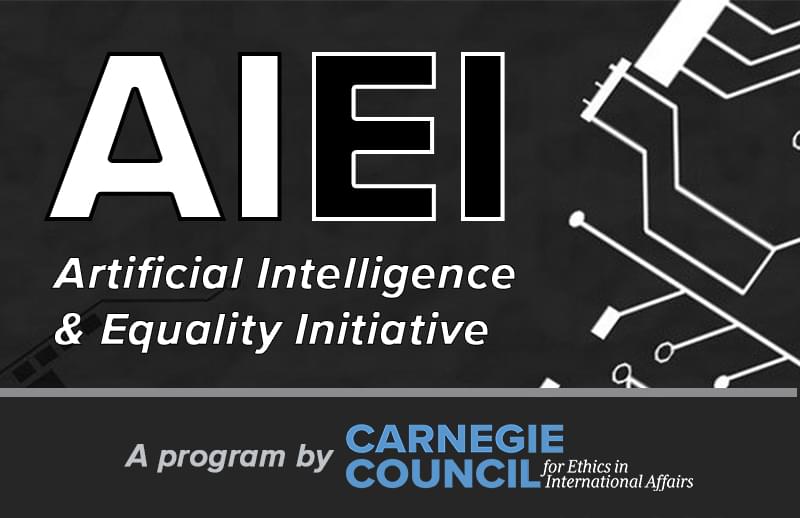

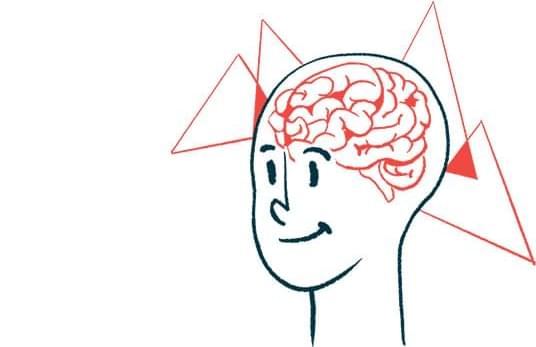
A team of scientists from the University of Florida (UF) will use a $1.1 million grant to further their work on the use of artificial intelligence-or AI-powered medical research for predicting and diagnosing Parkinson’s disease while maintaining patient privacy.
This grant, from the National Institutes for Health (NIH), will allow the scientists to train artificial neural network models — computer systems modeled on the human brain and nervous system — and further develop AI technologies that can predict and diagnose Parkinson’s, according to a press release.
“The proposed research will remove a major roadblock that restricts medical data accessibility and hinders cloud-based operations of deep-learning artificial neural networks for biomedical research,” the investigators said.
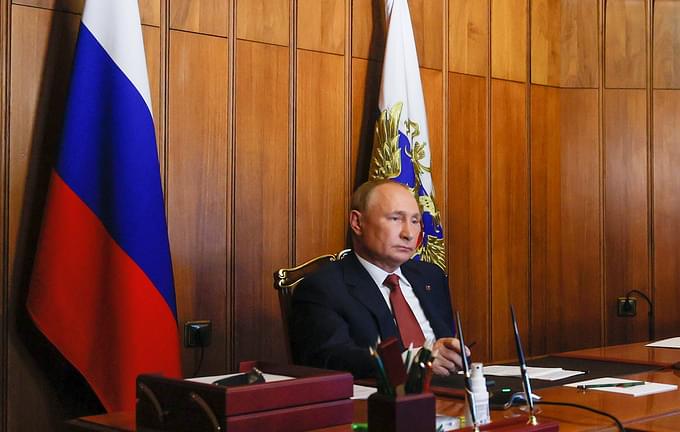
Putin stressed that the work on a unified system of reference data for shaping the program was already underway at the Ministry.
“The key task here is to ensure the weapon systems and equipment that will be manufactured and supplied to the armed forces under this program should reliably protect Russia from potential threats,” he concluded.
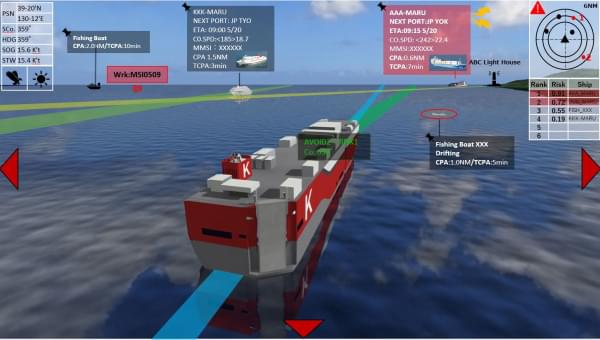
The agreement is part of K Line’s Initiative for Expediting Implementation of Autonomous Ships.
The joint R&D project aims to develop a system that will prevent serious maritime accidents such as ship collisions and groundings and that will lead to autonomous ship operations by combining K Line’s manoeuvring knowledge and experience in safe ship operation over many years, JRC marine equipment’s knowledge and advanced radio technology developed, and YDK’s steering and propulsion control technology.
The aim is to develop a comprehensive system that will further improve the safety of ship operations by utilising the knowledge and technologies of the three partners in each process from situation awareness by the seafarer to maneuvering control of the ship, combined with the most advanced technologies provided by Groke Technologies, Fujitsu, and Forum8.
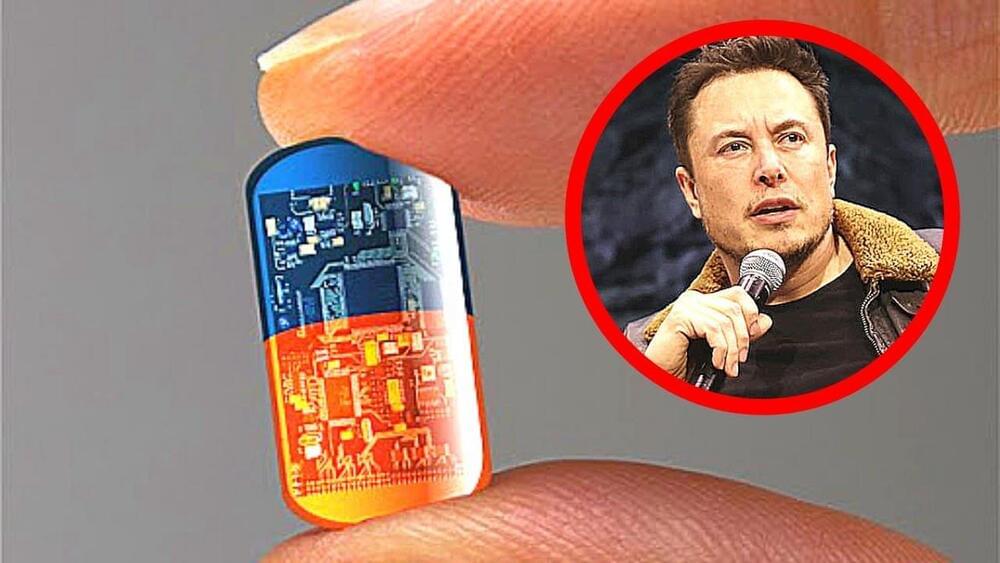
Today, we’re bringing you 10 EMERGING Technologies That Will Change The World. Better stick around for #1 to find out how Elon Musk may have plans to turn us all into human robots some day.
What’s up tech-heads and welcome to another episode of TechJoint! It really feels like we’re already living in the future every day. From 5G connectivity to self-driving cars being even more accessible, innovation is everywhere we look! It can sometimes be hard to imagine a world with even more innovation—a future world. What would it look like? What everyday problems would be solved? It’s a pretty good bet some technologies like artificial intelligence will be in our lives, playing important roles in the future of humankind. Other technologies may seem far fetched, unnecessary and frankly, unattainable. So buckle up, and let’s take a look at these 10 futuristic technologies that are going to change the world as we know it.
► Subscribe For More! https://goo.gl/FQqpG8
10 EMERGING technologies that will change the world.
10. 10 Voice Assistants.
9. Gene Splicing.
8. Mixed Reality.
7. Regenerative Medicine.
6. Fully Autonomous Vehicles.
5. Digital Wallets.
4. Artificial Intelligence.
3. Automation.
2. ‘Alive’ Building Materials.
1. Internet For Everyone.
► Disclaimer: This video description contains affiliate links. Meaning, if you click on one of the product links and make a purchase, we receive a small commission. This helps us keep making more videos. Thank you for your support!
For Copyright Issues, Please Contact [email protected]
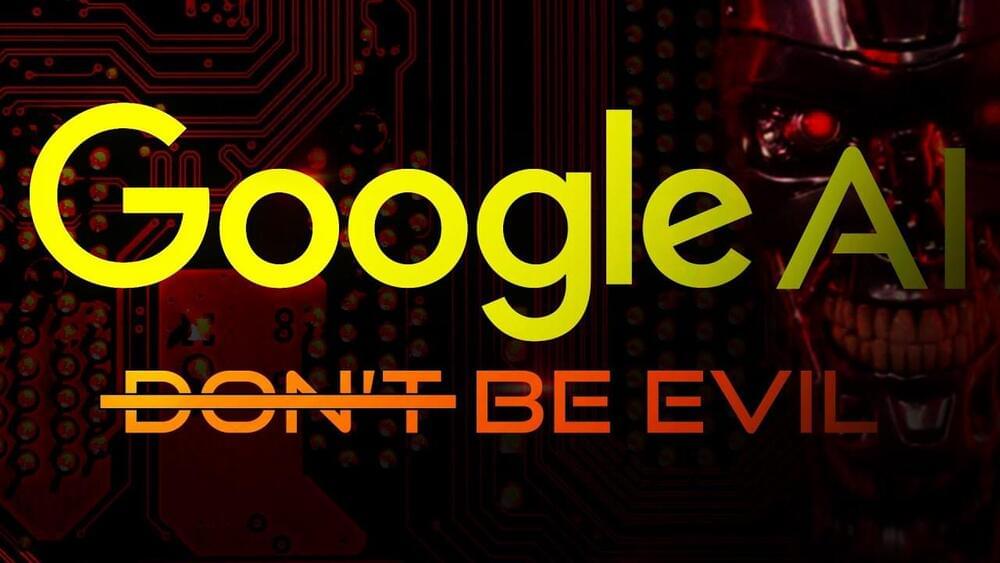
Artificial General Intelligence has been pursued by the biggest tech companies in the world, but recently Google has announced their new revolutionary AI algorithm which promises to create the most performant and best Artificial Intelligence Models in the world. They call it Pathways AI, and it’s supposed to behave just like the human brain and enable smart Robots which are superior to humans and help us do chores in our own apartments. This move by Google is somewhat scary and terrifying, as it gives them a lot of power over the AI industry and could enable them to do evil things with their other secret projects they’re working on. One thing is for sure though, AGI and the Singularity isn’t as far of as even Ray Kurzweil thinks according to Jeff Dean from Google AI and Deepmind. Maybe Elon Musk’s warnings about AI have been justified.
–
TIMESTAMPS:
00:00 Google’s Path to AI Domination.
00:56 What is Pathways?
02:53 How to make AI more efficient?
05:07 Is this Artificial General Intelligence?
07:42 Will Google Rule the world and the AI Industry?
09:59 Last Words.
–
#google #ai #agi
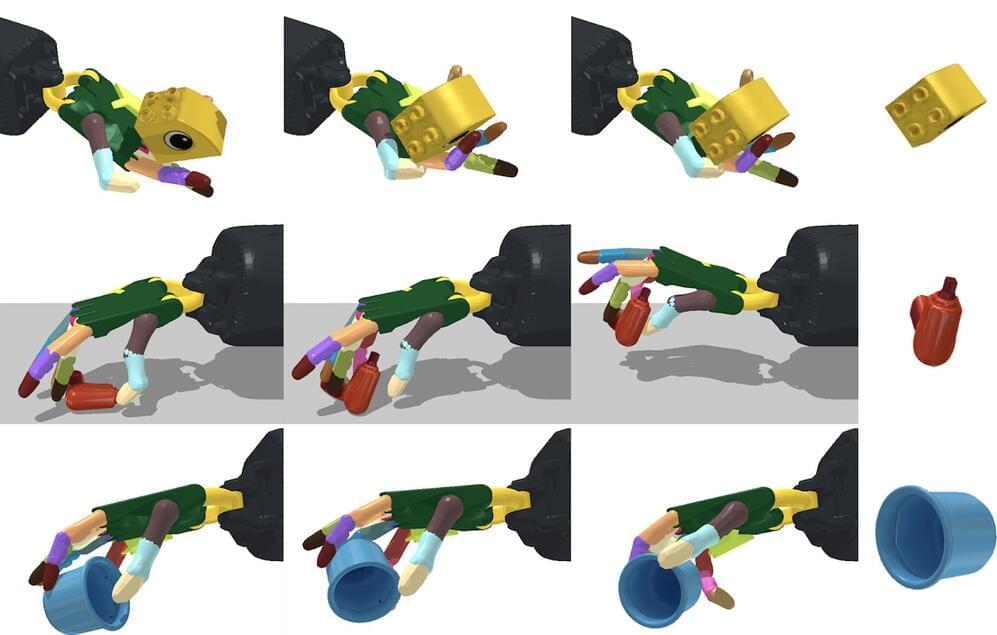
When most of us pick up an object, we don’t have to think about how to orient it in our hand. It’s something that comes naturally to us as we learn to navigate the world. That’s something that allows young children to be more deft with their hands than even the most advanced robots available today.
But that could quickly change. A team of scientists from MIT’s has developed a system that could one day give robots that same kind of dexterity. Using a AI algorithm, they created a simulated, anthropomorphic hand that could manipulate more than 2,000 objects. What’s more, the system didn’t need to know what it was about to pick up to find a way to move it around in its hand.
The system isn’t ready for real-world use just yet. To start, the team needs to transfer it to an actual robot. That might not be as much of a roadblock as you might think. At the start of the year, we saw researchers from Zhejiang University and the University of Edinburgh successfully transfer an AI reinforcement approach to their robot dog. The system allowed the robot to learn how to walk and recover from falls on its own.

Brent Oster is the President and CEO of ORBAI. He has 28 years experience in 3D computer graphics, animation, simulation, and AI with Bioware, Electronic Arts, Autodesk, and NVIDIA. He was the co-founder Bioware and Check Six, and he has completed the Stanford Continuing Studies curriculum of classes in entrepreneurial business, along with his degrees in Aerospace Engineering at University of Toronto and Scientific Computing at UC Santa Barbara.
As a Sr Solution Architect at NVIDIA, Brent helped Fortune 500 companies (and startups) looking to adopt ‘AI’, but consistently found that DL architectures tools fell far short of their expectations for ‘AI’. Brent started ORBAI to develop something better for them.
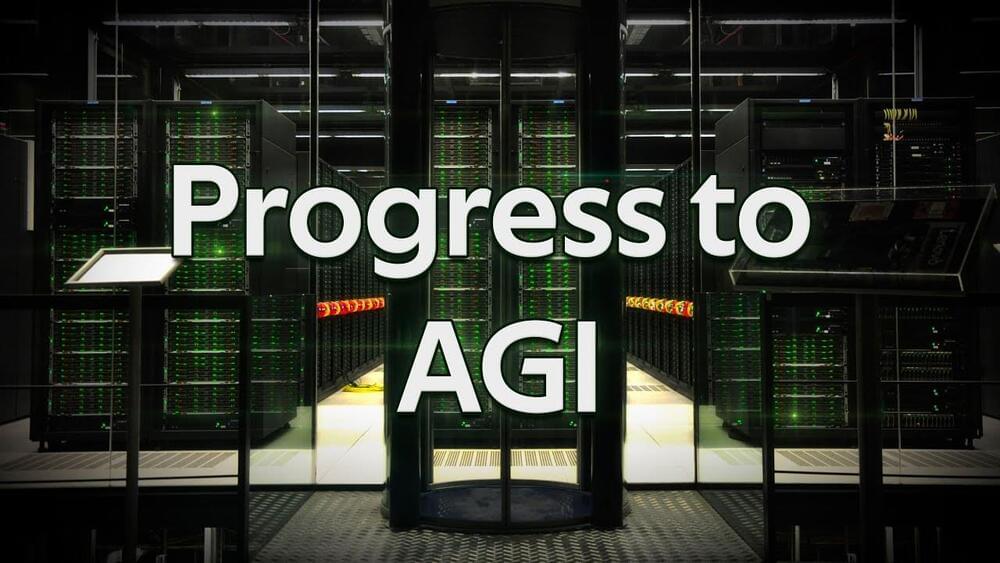
In 2,020 several powerful AI programs were developed which have the potential to alter many aspects of our everyday life. What are these programs, and who is behind them?
Discord link: https://discord.gg/bQrBVb6
Song source: Savfk — Music: Ultra by Savfk (copyright and royalty free sci-fi electronic cinematic epic soundtrack music) — https://www.youtube.com/watch?v=8A4Jak73Lao.
Image, song, video, thumbnail and information sources: https://drive.google.com/file/d/1XstdBbyQBZh8NsSCW0su5yqiOnONUp1x/view?usp=sharing.
Shoutout to Max P for the audio editing and to saviors for the AI advice!
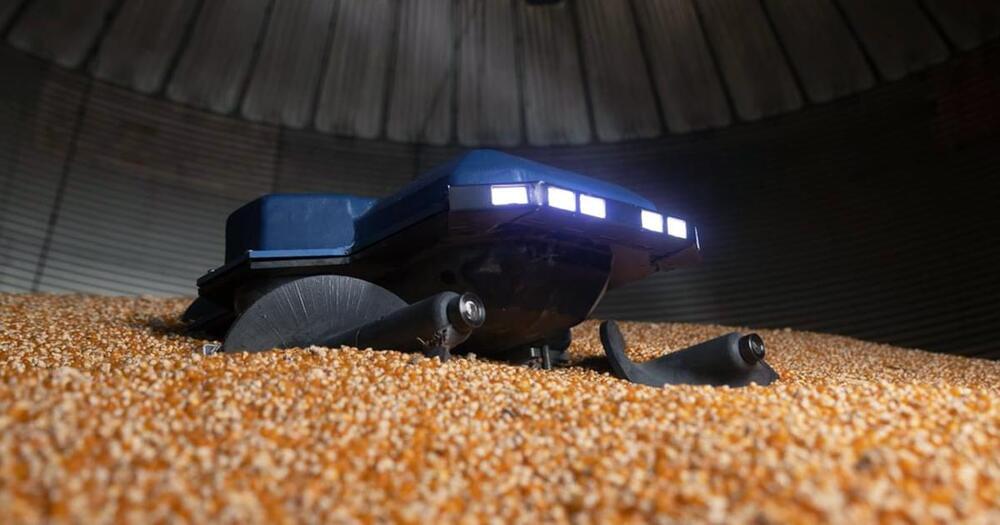
“It doesn’t sound like a lot when you look at the numbers, but those are completely preventable deaths,” Zane Zents, the lead software engineer for the Grain Weevil robot, told NTV News. “It’s something that in the 21st century I don’t think we should still be dealing with.”
The Grain Weevil: Zents’ fellow student Ben Johnson was studying electrical engineering at UNO when he received a special request from a farmer friend, Zach Hunnicutt.
“(He) said, ‘Hey, look, you guys build robots. Why don’t you build me a robot so I and my children never have to go into a grain bin again?’” Johnson told AgWeb in May.